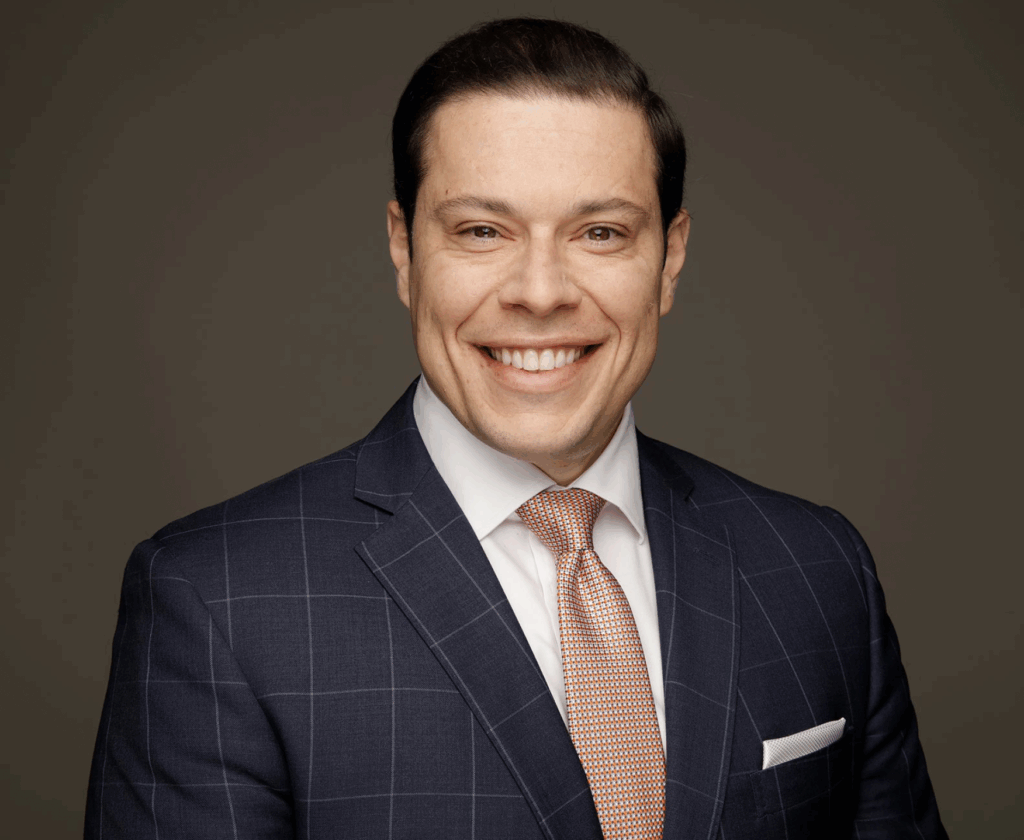This month, we sat down with Dr. Mooz – an experienced UK-based surgeon specialising in body contouring and advanced VASER liposuction – to talk all things Lipedema. With over six years of experience, international training and hands-on expertise treating hundreds of women with Lipedema, Dr. Mooz shared his clinical insights, recovery tips, and thoughts on the emotional turmoil related to this condition. Whether you’re considering surgery or simply wanting to understand your options, this interview is packed with practical advice and reassurance from a Lipedema specialist who truly understands.
What’s your experience treating women with Lipedema?
I have more than six years’ experience in body contouring surgery and liposuction, training with Drs Alfredo Hoyos and Mario Mendanha, world leaders in body contouring surgery and Vaser liposuction.
I also attended the first lipoedema training course at the Anna Torres Institute in Barcelona, Spain. An estimated 10% of women in the UK suffer from lipedema, so I see many patients in my clinic with varying degrees of this chronic condition.
What are the unique complications when performing surgery on Lipedema sufferers?
All surgery carries some risk, and although infrequent and usually minor, patients must be aware that there may be small scars, leakage of blood and fluid, bruising and swelling, and a risk of haematoma, infection, numbness, and asymmetry.
Patients with lipedema can often suffer from leaky blood vessels, varicose veins and sometimes anaemia before surgery. They are more likely to bleed and bruise than a patient without lipedema.
Patients with a combination of lipoedema and lymphoedema, a chronic condition characterised by swelling in the body’s tissues, should continue to wear compression garments, as the legs will likely swell again if the compression is not maintained.
Manual lymphatic drainage (MLD) is also crucial for facilitating recovery and achieving optimal results.
What have you learned from treating women with Lipedema?
In my experience, lipoedema sufferers typically experience a range of emotions, ranging from frustration to depression. It can even lead to the breakdown of relationships.
However, there are several things that one can do to help manage these emotions. Be part of a community and learn about the disease, including what can and can’t be done. Educate your partner and involve them in your journey. You’ll be surprised how supportive they can be.
Know that it’s not in your head; this is not a made-up disease, and that you are just overweight. Lipedema is a real problem, and together as a community, we can make some progress.
What is your advice for recovery after Lipedema Reduction Surgery?
My advice is the same for any of my liposuction patients. Although fat cells do not grow back after liposuction, weight gain can still impact overall body shape, so it’s essential to commit to a healthy diet and exercise routine to maintain your results.
I am also a big fan of Manual Lymphatic Drainage (MLD). This gentle, hands-on massage treatment helps your body move lymphatic fluid, a process your lymphatic system typically handles on its own. When that system slows down, either due to surgery, illness, or everyday stress, fluid can build up and cause swelling, puffiness, or discomfort.
I recommend this to all my patients, but it’s particularly effective for individuals with lipedema.
What is the general response from Lipedema patients after you’ve operated on them?
It’s always essential to manage patient expectations before any surgical procedure. However, my lipedema patients are generally delighted with the significant improvement they experience in their symptoms and the overall improvement in their appearance.
Is Lipedema surgery ever covered by the NHS in the UK?
My understanding is that the NHS does not offer this procedure for lipedema, but it may be available for some individuals with lymphoedema.
In Germany, private insurance has started covering this service for certain patients, and we hope that this might soon happen in the UK.
Is Lipedema surgery worth it?
I perform a wide range of procedures, including breast and body contouring surgery, but the one that gives me the most satisfaction is lipedema surgery.
I see such a dramatic difference at the end of the operation, and I know how much of a positive impact it has on them, not just physically and aesthetically, but on their entire lives.
As doctors, nothing brings us greater happiness than knowing that what we’ve done is effective.
Can Lipedema completely go away with surgery?
Unfortunately, lipedema cannot be ‘cured’ with liposuction. However, symptoms such as swollen legs and heavy legs can be improved significantly. For most patients, the results of lipodema liposuction are long-lasting.
How do you ‘break up’ Lipedema fat?
With liposuction, several different methods are used to break up fat before it’s suctioned out with a cannula. My preferred approach is VASER liposuction, which utilises ultrasound energy to liquefy the fat cells, making it easier to suction out with less damage to the surrounding tissue, thereby minimising downtime.
How much does Lipedema surgery cost in the UK?
Costs will vary depending on factors such as the severity of the condition and the surgical technique used.
Other factors that can affect cost are your surgeon’s expertise, and I have had extensive training in advanced Vaser liposuction techniques from global experts.
All of my procedures are also carried out at a state-of-the-art private hospital in central London, with aftercare appointments included.
Will Lipedema fat come back after liposuction?
Liposuction surgery does not eliminate or cure lipedema completely, as it is a progressive condition that tends to worsen over time. The benefit of surgery is that it significantly slows the progression of lipedema, and many patients experience years of relief from their worst lipedema symptoms.
I believe in a holistic approach to surgery to maintain your results, whether that’s applying high-factor sunscreen daily after a facelift or embracing healthy lifestyle changes after liposuction.
___

